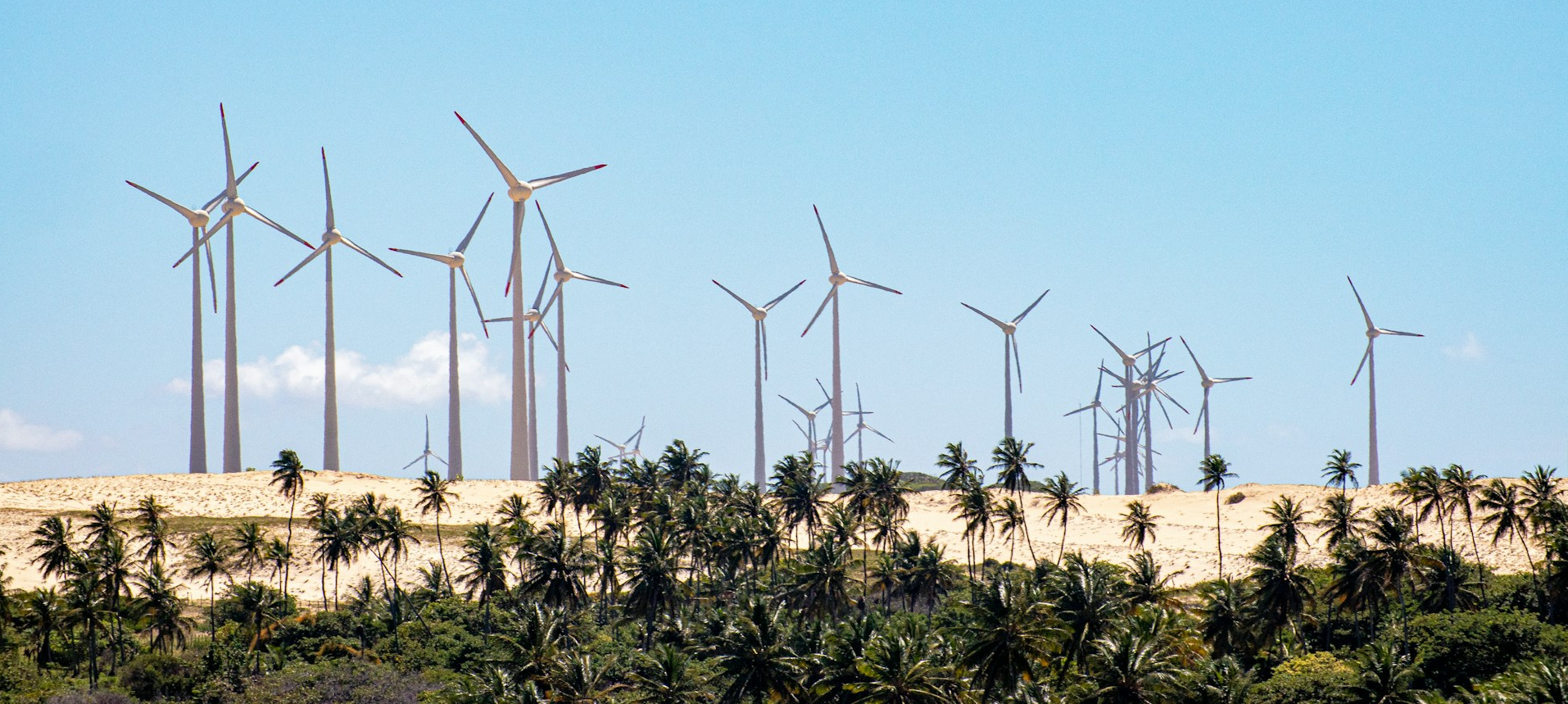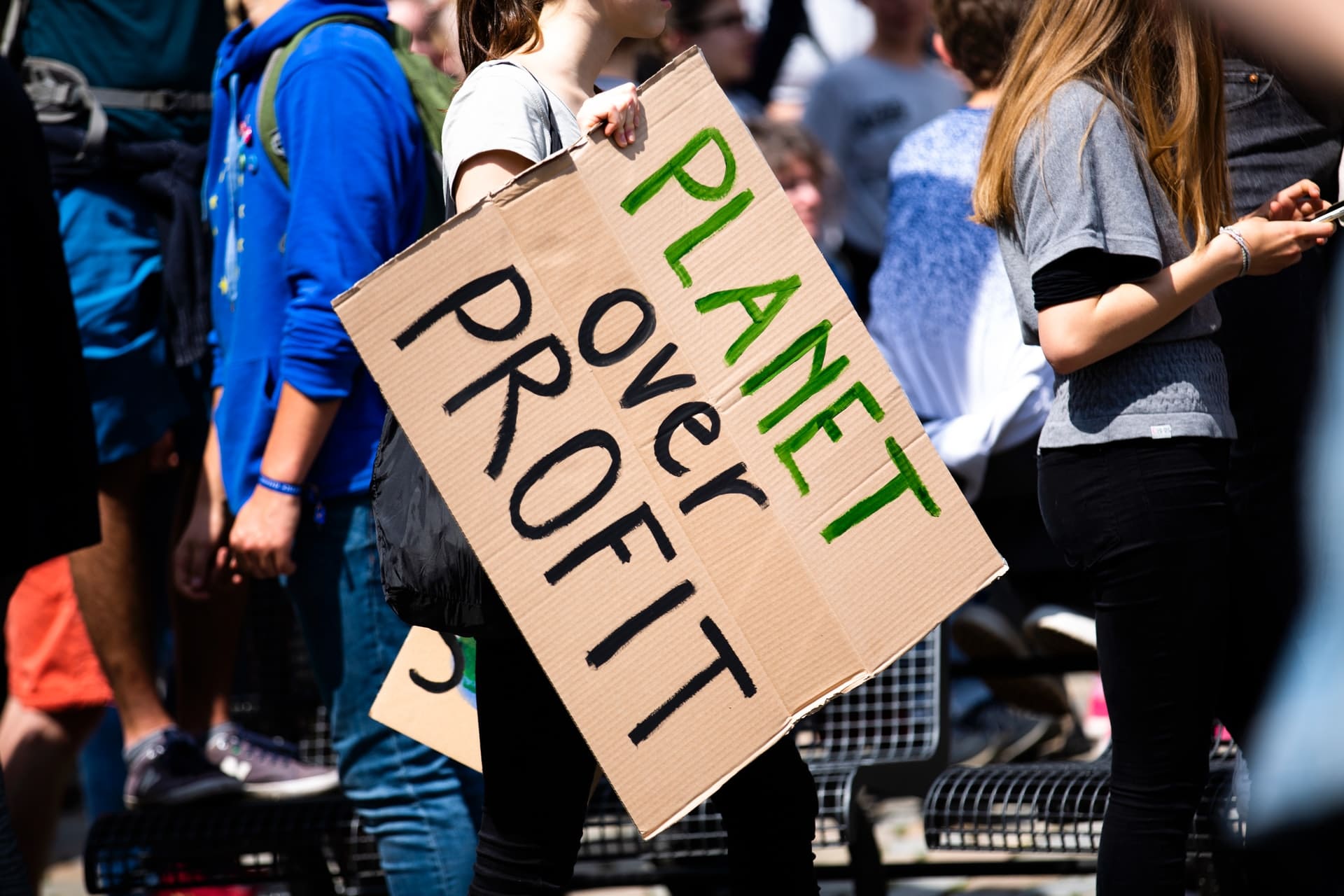Doubling Down on Climate-Tech Use
In recent years, climate technology has emerged as a powerful tool for combating climate change, with large corporations infusing substantial investments to reduce their carbon footprints.
Apple, one of the largest tech giants in the world, has already pledged to go carbon neutral across its entire value chain by 2030. Its global operations and manufacturing are now powered by more than 18 Gigawatts (GW) of clean energy. Through investments in renewable energy technologies, the company has already avoided more than 18.5 million metric tons of carbon emissions in 2023. It has further “pledged to match every watt of charging electricity with clean electricity by 2030, including through large-scale investments in new renewable energy in markets around the world.”
Similar initiatives have been taken by other large conglomerates. Petrobras, one of the largest oil conglomerate in Brazil plans to invest US$5.2 billion in renewable technologies such as wind and solar by 2028. As part of its Decarbonization Fund, the company has approved the installation of 48 Megawatts (MW) of solar energy at three of its refineries.
Small business, the backbone of many economies, lack access to climate financing due to weak policies, financial barriers, and limited awareness. The attractiveness of funding in small business is also hampered due to weak financial infrastructure, political instability, and the high costs and risks of lending to small businesses.
Other than financing, small businesses also lack perceptions in incorporating climate technologies in their business plans. If the goal of the Paris Accord is to be realized, achieving carbon neutrality of SME operations and businesses is vital.
Changing Perceptions
In a survey of more than 35,000 small businesses across 30 countries and territories in 2021, it was found that more than half lack knowledge of how to reduce carbon emissions as their largest barrier to decarbonizing. This is followed by high operating costs and the production or transportation of goods as the other two major barriers to carbon reduction for many respondents.
Policymakers should prioritize clear communication of decarbonization goals and effective information dissemination. Uncertainty in policies can deter small businesses from adopting long-term decarbonization strategies. Providing access to resources like the ITC’s Trade for Sustainable Development (T4SD), SME Climate Hub and WTO’s Environmental Database can help these businesses measure their carbon footprint, explore carbon reduction methods, and access financial resources.
Clear and consistent decarbonization and environmental standards are essential. The wide variety of international standards and carbon measurement requirements creates challenges for small businesses, as they struggle to demonstrate compliance for certifications needed for exports and participation in global value chains. The growing number of certifications, coupled with high fixed costs, disproportionately affects smaller firms. Additionally, these standards are often designed by developed economies and may overlook the priorities of developing nations. Governments should therefore harmonize domestic regulations with international standards and implement robust verification measures.
Policymakers should create climate regulations that consider the specific challenges and costs faced by small businesses. Decarbonization efforts require significant investment. Hence access to finance and subsidies will be essential to help small businesses manage the transition.
This topic will be discussed at the upcoming Horasis Global Meeting, being held in the city of Vitória, Brazil. The meeting is scheduled to take place between 25-27 October 2024, bringing together leaders from government, businesses, and civil organizations to help address global challenges, including inequality, peace, and climate change.
A New Vision for SMEs
To fully embrace climate-tech, SMEs need a shift in mindset from viewing sustainability as a regulatory burden to recognizing it as an opportunity for growth and innovation. Adopting climate-tech should not be seen as a concession to avoid penalties or meet minimal compliance standards but rather as a strategic investment that can differentiate their businesses in the marketplace.
More consumers are willing to pay a premium for sustainably produced or sourced goods. SMEs can leverage their commitment to sustainability as part of their brand identity, marketing their green credentials to attract eco-conscious customers.
Although the initial investment in climate-tech may seem daunting for some SMEs, it’s essential to consider the long-term financial benefits. Reduced energy costs, lower material waste, and improved efficiency can result in substantial cost savings over time, improving profitability.
Multilateral banks such as the ADB are launching promising financing products such as the ADB Frontier to support and invest in SMEs, including from smaller economies such as Laos and Cambodia, “that are using green technologies to contribute to climate mitigation and adaptation.”
By changing the narrative around climate technology, and adopting a visionary approach that sees sustainability as a pathway to growth, SMEs can make a meaningful impact on both their businesses and the environment. It’s time for SMEs to double down on climate-tech, not just as a survival tactic, but as a competitive advantage in a changing world.
Photo caption: A wind power plant in Morro Branco, Beberibe – State of Ceará, Brazil.



